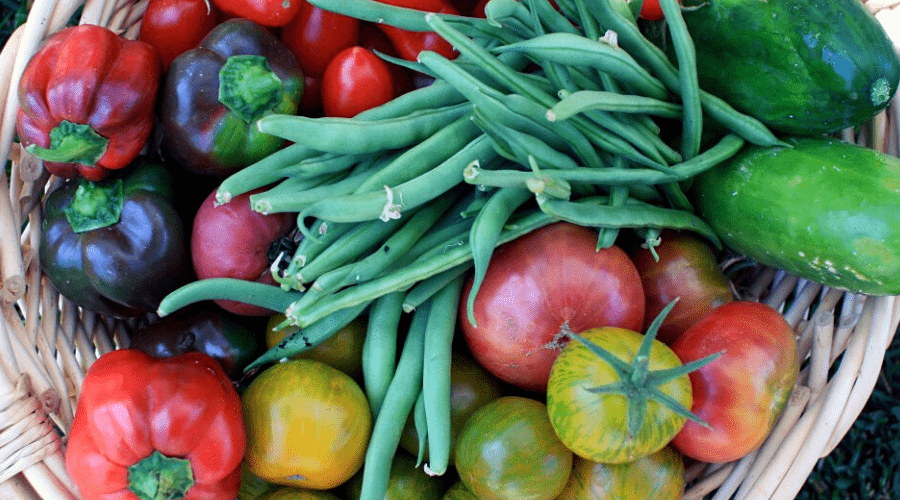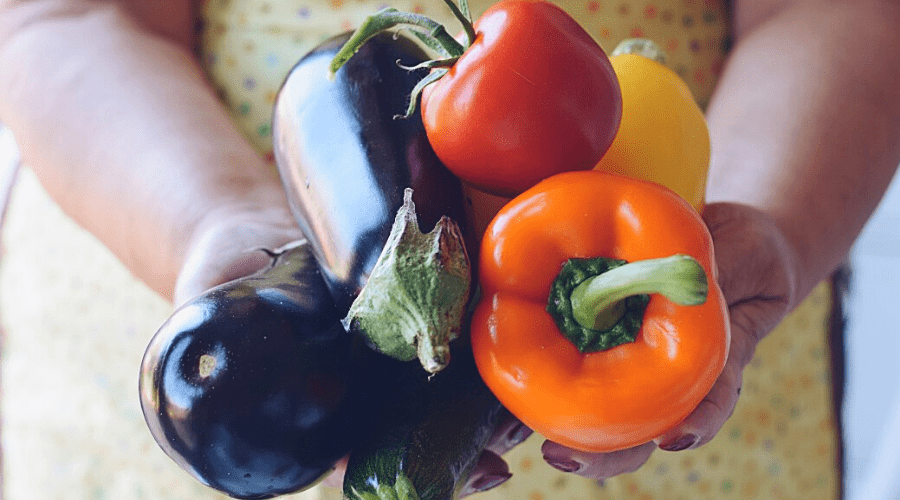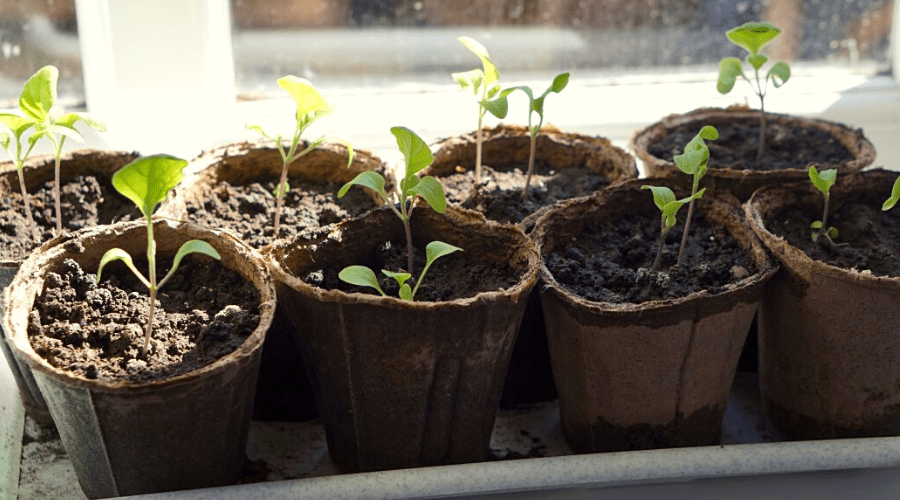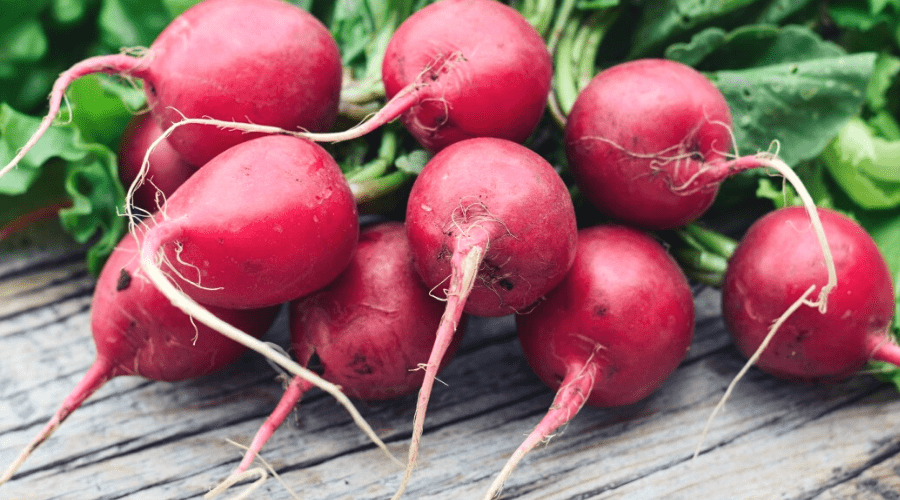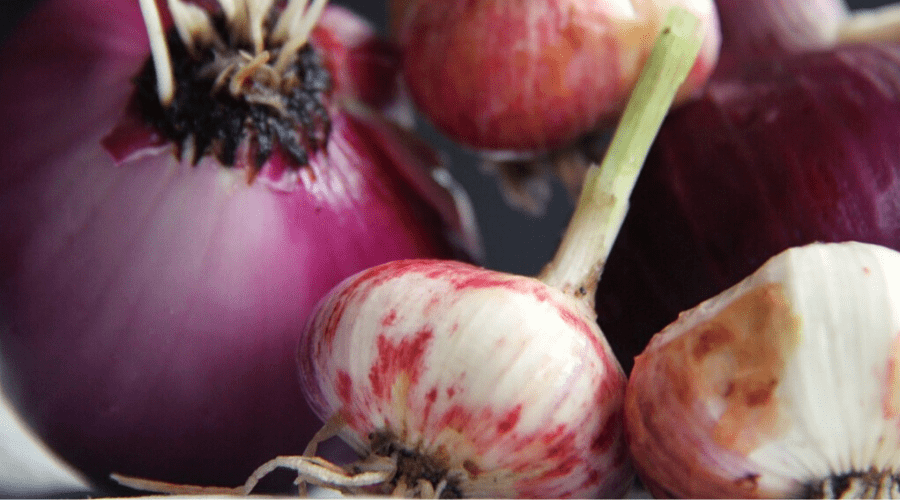Ever since people started making more conscious purchases, they pay lots of attention to the foods and other products they buy. People are often frustrated over the fact that some foods that are labeled as being organic are in fact full of preservatives or were treated with chemicals in their growth or harvest stage.
When it comes to vegetables, people are now turning to farmers’ markets. But even there, some of the products they buy may have been grown in a non-organic environment. So, what would happen if you grew your own vegetables, with full control over organic growth from start to finish? Is there such a thing as organic seeds? What makes them different from conventional seeds?
Why Seeds Are Important
When you buy a vegetable and enjoy its rich taste and freshness, you rarely think about the seed from which it came. The seed is actually the alpha of the agricultural system, and without seeds, we wouldn’t be able to enjoy fresh produce. It is incredible to think that something as small as a seed can have such a huge impact on what we eat.
Seed Genetics
In most cases, farmers plant seeds of vegetables every spring and then turn to different kinds of chemicals to help protect the growing plant from diseases and pests. However, an organic farmer doesn’t use any of these, which means they rely on the genetics contained within the seed to help the plant protect itself from anything that could make it sick or kill it. Without the use of synthetic pesticides and skipping the use of fertilizers, can one even see a vegetable reaching maturity?
Organic Quality
The seed from which a vegetable comes from will often dictate the quality of the end product. Seeds can influence the nutritional content of the vegetable, as well as its appearance and flavor. When you apply principles of fairness and ecology to work and farming methods, you know you are on the right path to start a regular organic movement.
All Natural Vegetables
Sadly, the agricultural system is dominated by chemicals, and there are few products out there that are actually organic. That’s because when you rely on organic seeds to grow into beautiful vegetables, you cannot actually force the plants to grow faster or healthier since you are not interfering with its growth process in any way.
A lot of vegetable farms all across the globe are not interested in organic agricultural practices but rather in producing a large volume of products in a shorter time frame in order to increase sales. Needless to say, these companies or farms will always put the interests of the shareholder before the interests of the end consumer.
But even if most of us don’t agree with the dominant seed system, there are a few opportunities for people who support the organic movement to share their vision and work together to develop organic systems and try to steer clear of the negative trends. One thing is for sure: there is a growing demand for organic food and sales are increasing every year.
Benefits & Drawbacks of Organic Vegetable Seeds
By now, most of us have a pretty good idea of what the term “organic” actually means. Organic seeds are meant to be grown without the use of any chemicals, and this helps provide two major benefits. First of all, the vegetables that come from organic seeds are much healthier, but the fact that no chemicals are being used also has a greater impact on reducing the pollutants that end up in fields and waters.
More Work to Grow
Vegetables grown from organic seeds are most likely part of a sustainable agricultural system which is beneficial in many different ways. However, we can’t completely ignore the role of pesticides in the growth of vegetables. This automatically means that people who grow organic seeds will have to be more involved and more aware of the fact that the vegetables require more intensive care.
Plants Are Susceptible to Disease, Drought, and Pests
For example, if you try to grow your own organic vegetables and purchase the organic seeds required to do so, there are chances that you might fail—not because the seeds were poor, but because the growing conditions were not adequate. Treated seeds are more likely to survive in different conditions, while organic seeds require more care.
Cleaner Seeds Make Cleaner Vegetables
Overall, organic vegetables (and the seeds they're grown from) are better for your health, primarily because you eliminate the heavy metal contamination of most fertilizers and insecticides. but they also have a more complicated growth process that requires a lot of planning ahead of time. For instance, before you plant your own crops with organic seeds, you need to be aware of the long-term weather forecasts, local pests, your soil composition, and the ideal location for each of your planted veggies.
Organic Seed Terminology
In order for you to understand the characteristics of organic vegetable seeds, there are a few keywords that we have to define first:
Additive-Free Growing Processes
A true organic seed must come from a vegetable that has been grown organically. Even after harvest, vegetables shouldn’t be treated with any non-naturally-derived substances, such as chemical insecticides or fertilizers. When the concept of organic seeds first surfaced, there weren’t many available, as almost all commercial produce was grown with conventional pest control treatments. Now, you can find organic seeds for most crops that are considered agriculturally valuable.
The tricky thing is that the USDA gives farmers the opportunity to label their produce as being organic even though the seeds from which they were grown don’t meet the organic characteristics. If you purchase vegetables and that are labeled as being organic, this basically means that they followed an organic growth process, and it doesn’t necessarily mean that the seeds themselves were organic as well.
Untreated Seeds
There are cases when organic seeds are being treated with anti-bacterial and anti-fungal chemicals before they are packaged. This gives them an edge over organic seeds in the fight against bacteria once they germinate. You can look for untreated seeds but you can expect to find only those produced with an intensive chemical regimen.
Heirloom Vegetable Varieties
As expected, agricultural companies are trying to produce a specific type of seed that can endure different shipping conditions and render high yield crops that provide extended freshness once the vegetable has grown. It is not that easy to get these types of results, which makes a lot of agricultural companies turn to seeds that are a combination of two plant lines. For all of you home gardeners that want to use organic vegetable seeds from plants that you’ve grown yourself, you should look for heirloom seeds, which are mostly organic.
Non-GMO Vegetable Seeds
It is not uncommon for scientists to create organisms with genetic modifications through DNA insertion from one organism to another. This combination of species results in a number of traits that wouldn’t be available through normal breeding methods. People who are interested in organic farming need to look for non-GMO seeds, as those that have been genetically modified may be subject to some pretty unorthodox practices.
For example, you could find genetically modified seeds that result in plants resistant to chemicals. What this ultimately does is make the farmer purchase an even higher quantity of chemicals to achieve the end result, automatically translating into a more harmful product for the end consumer.
Tips for Organic Vegetable Seed Planting
Whether you are interested in growing your own organic seed vegetables or other types of crops, knowing a few things beforehand might actually increase your success rate. As you may have figured from everything we told you above, growing organic crops can be a little bit tricky because without using any chemicals, there are a lot of things that can go wrong in the growth process, which means that you have to be extra careful with the overall health of the plant.
Here are some things for you to know and keep in mind if you’re looking into buying organic seeds and growing vegetables yourself:
Know your Climate
The climate of the area in which you live is going to play a very important part in growing your own crops. For example, if your region is characterized by harsh climate and soil, and you want to grow a type of vegetable that has very different growth conditions, you are going to have a very hard time figuring out how to compensate for the missing factors. If you are not an experienced gardener, this is a challenge we wouldn’t recommend.
Do Your Research
There is also the possibility of you wanting to grow a type of organic vegetable that generally requires the use of chemicals. If this is the case, you may want to reconsider your choice, unless you’re an expert farmer and know how to make your way around such limitations. Look into alternatives such as organic fertilizers and other boosters, too.
Use Your Current Resources
Try to use the soil you have at your disposal in an efficient and intelligent way. If you already have a few crops growing in your garden, is there a way for them to complement each other? Whenever possible, you want to consider double usage for your crops by combining seeds that you can plant in spring with others that you can plant in the fall, so you can basically get the most out of your soil. There are plenty of people who don’t have that much gardening experience and end up planting different crops that need to be harvested at the same time. In some situations, this can be a true challenge.
Be Prepared
With organic seed vegetable planting, it’s very important that you do your research ahead of time. Before actually planting, you should know what that specific vegetable needs and what are its weaknesses in terms of pests and diseases. You need to be prepared for just about anything that can go wrong because growing something organically means that you can’t just spray chemicals over the plant and have all your problems go away. With organic crops, planning and prevention are crucial, so that you can intervene in time and contain the damage.
Harvesting your organic vegetables is something that needs to be planned ahead of time as well. If you have just a few crops here and there, you shouldn’t have a problem dealing with this on your own. On the other hand, people that have a bountiful harvest are going to need the help of family or friends. You should also consider where you are going to store your organic vegetables. This is yet another case where smart planning can allow you to enjoy organic veggies throughout the entire year.
Never Stop Learning
If you are truly passionate about organic seed vegetable growth, don’t be afraid to read professional books on the topic. Whether you find books that are tackling the issue of organic crops or are general agriculture books, you can learn a lot about gardening and how to live an organic life through the growth of sustainable and healthy crops.
Conclusion
We are often misled into thinking some of the products we buy are organic because of the producers that misuse that label. Because of that, many people are encouraged to buy produce from local farmer markets, but there are some adventurous few that want to grow their own food.
The initiative to eat organic vegetables should be appreciated not just because it’s a sign that you cherish your body, but also because not using chemicals in plant growth is the best thing for your soil. However, finding organic vegetable seeds isn’t always easy. Luckily, more and more vegetable producers are now able to extract organic seeds from their produce, as the market or organic food is in continuous expansion.

